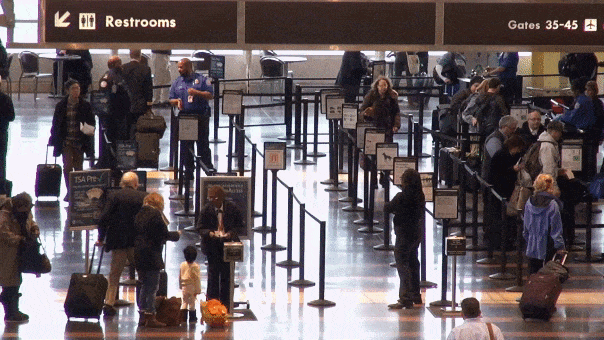Fox News Flash top headlines for June 1
Fox News Flash top headlines are here. Check out what's clicking on Foxnews.com.
Get all the latest news on coronavirus and more delivered daily to your inbox. Sign up here.
Cruise ships are due for a high-tech upgrade.
Like many other industries, cruise companies are making long-term plans to keep customers safe from the coronavirus pandemic (and other possible outbreaks). Due to the nature of cruise ships, however, special technology may need to be implemented to keep the boats safe.

Cruise companies are reportedly working on adding new technological features to their ships to help fight the spread of infections. (iStock)
Two technologies being considered for cruise ships include using UV lights to disinfect travelers and a tracking program that uses signals from mobile devices to track movement, USA Today reports. While cruise companies are reportedly in talks with various companies to implement these concepts, nothing has been publicly confirmed as of yet.
ROYAL CARIBBEAN MAY ELIMINATE BUFFETS WHEN CRUISING RESUMES
Nadir Ali is CEO of Inpixon, an indoor data intelligence company. He spoke with USA Today, describing how his company’s technology can collect data from Wi-Fi, Bluetooth signals and cellular signals through radio frequencies. According to him, some cruise lines are in talks to implement this technology on their boats.
FOLLOW US ON FACEBOOK FOR MORE FOX LIFESTYLE NEWS
Using this data, cruise companies could reportedly track the crowd-density levels on each deck and area of the ship and monitor where crowds aren’t following social distancing protocols. This technology could also be used to track the previous movements of passengers who have self-identified for showing symptoms of COVID-19 or any other infectious disease.
Another technology that may be implemented onto cruise ships uses UVC light to sterilize spaces, or even people, to some extent. According to one expert who spoke with USA Today, UVC light doesn’t pose a risk to humans but can be used to kill bacteria and viruses.
CLICK HERE TO GET THE FOX NEWS APP
Multiple cruise companies are reportedly in talks to install these devices in areas where large groups gather and other high traffic locations, such as entranceways, greeting counters and even in elevators, though the names of the specific operators had not yet been made public.









































